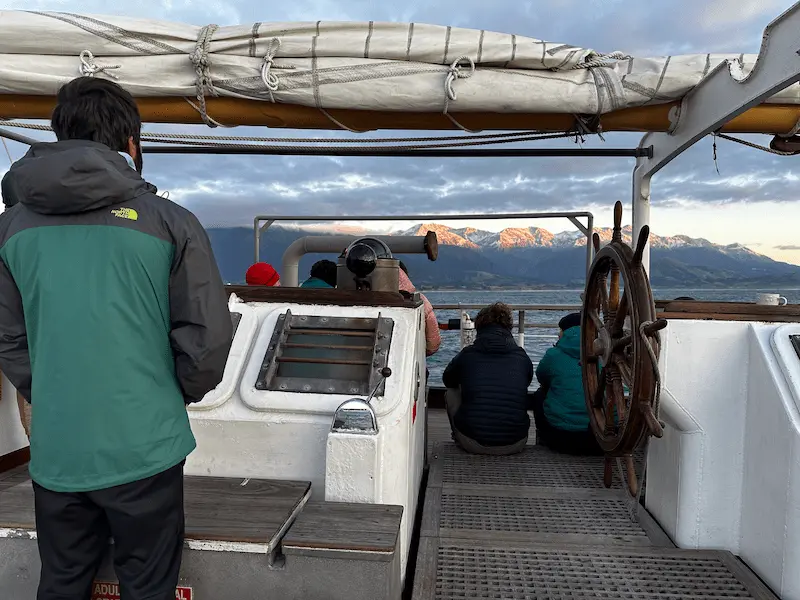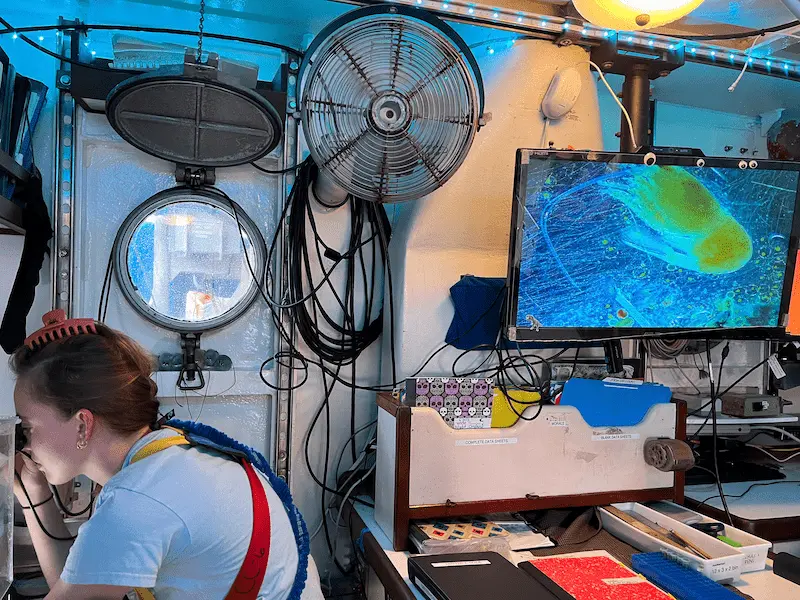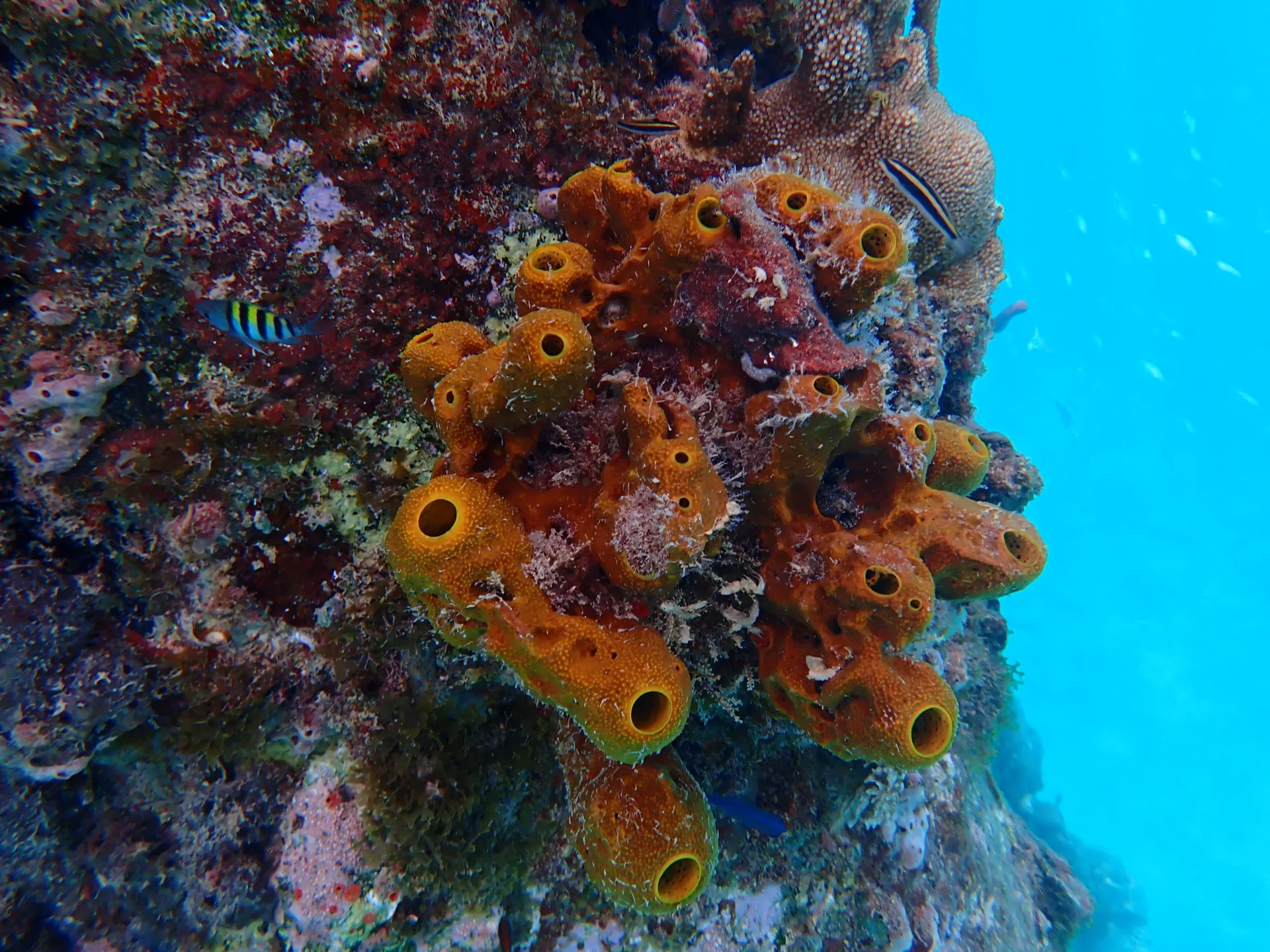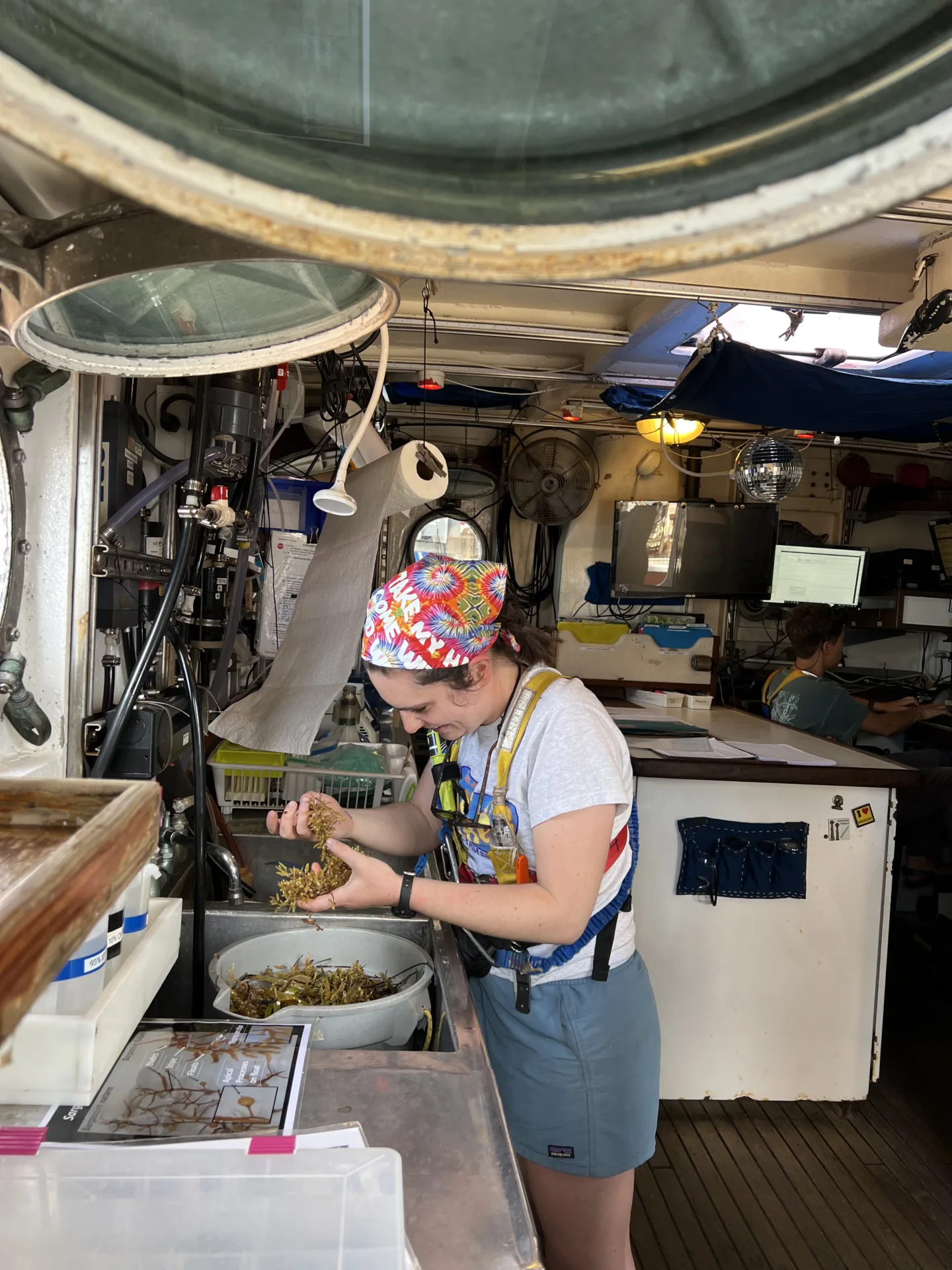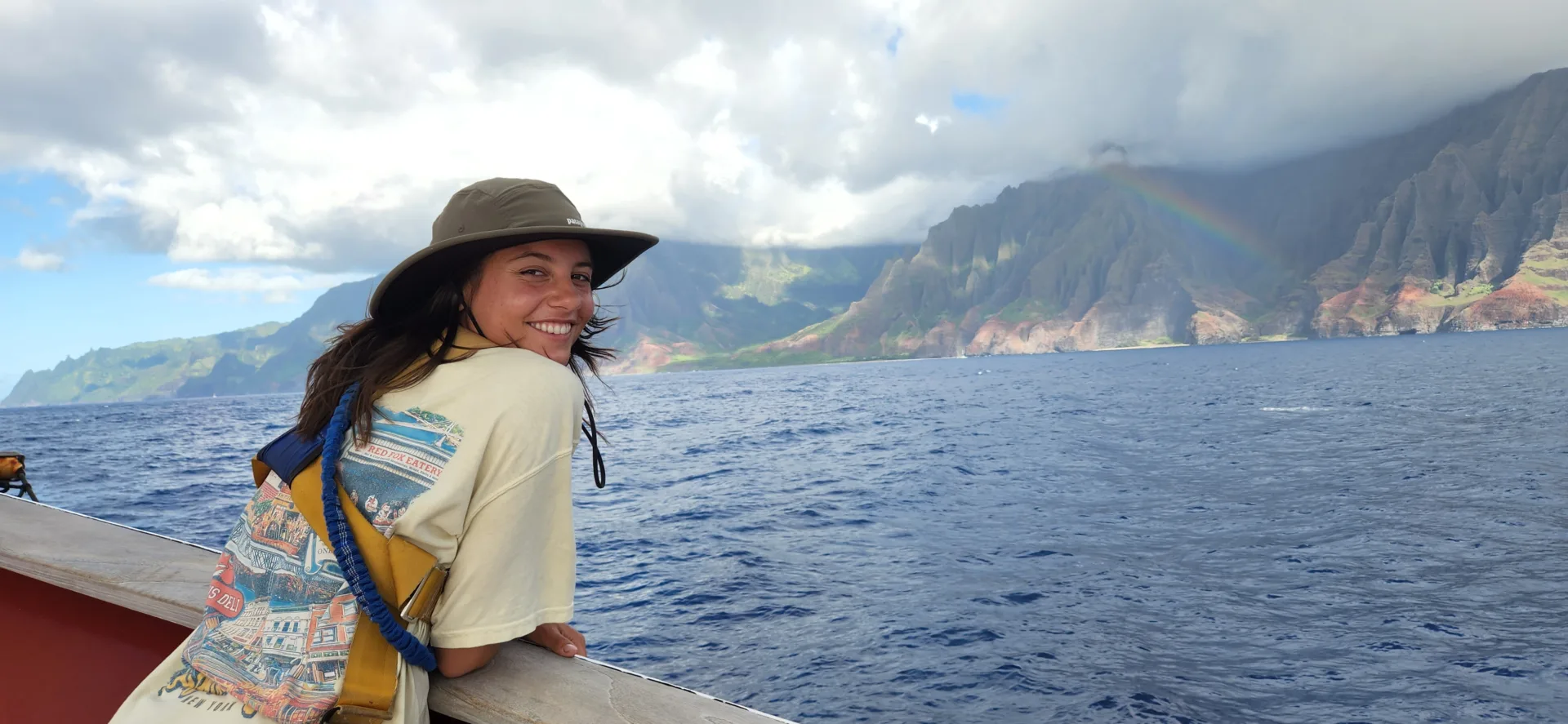Ocean Policy: Marine Protected Areas - Summer 2025
Ocean acidification; overfishing; marine heat waves; expansion of oxygen minimum zones; marine plastic pollution; deep sea mining- the threats to our ocean environment are many; however, there is a growing international consensus that these are global problems requiring large-scale global solutions.
To meet these growing challenges, several international initiatives, both by governments and eNGOs have been launched. Countries have committed to the goal of protecting 30% of Earth’s Ocean as ‘marine protected areas’ (MPAs) by 2030. A new international treaty aimed at biodiversity protection in the high seas was just finalized and includes a system for proposing and designating new MPAs in the global commons.
Developing and maintaining these areas will require collaboration between governments, local communities, scientists, ocean users, and conservation organizations.
Ocean Policy: Marine Protected Areas provides students the opportunity to learn how MPAs are designed, established, and implemented in marine spaces both within and beyond national jurisdiction.
During the shore component in Tahiti, students will learn from local communities and organizations about the ongoing efforts to establish and maintain marine protected areas within the region. Students will examine case studies to better understand how MPA characteristics reflect a broad set of competing interests and priorities and draw on a wide range of resources including traditional ecological knowledge, partnerships with international NGOs, and enforcement infrastructure. Students will learn skills in oceanographic research, and the use of satellite remote sensing techniques for research and monitoring of the high seas.
While sailing from Tahiti to Honolulu, Hawai’i, students will gain hands on experience by deploying scientific equipment and analyzing samples in the lab aboard the SSV Robert C. Seamans. Data collected from the voyage will be shared with partner governments and institutions to contribute to their on-going data sets and to initiate new monitoring to understand future changes both in and outside of large scale Marine Protected Areas.
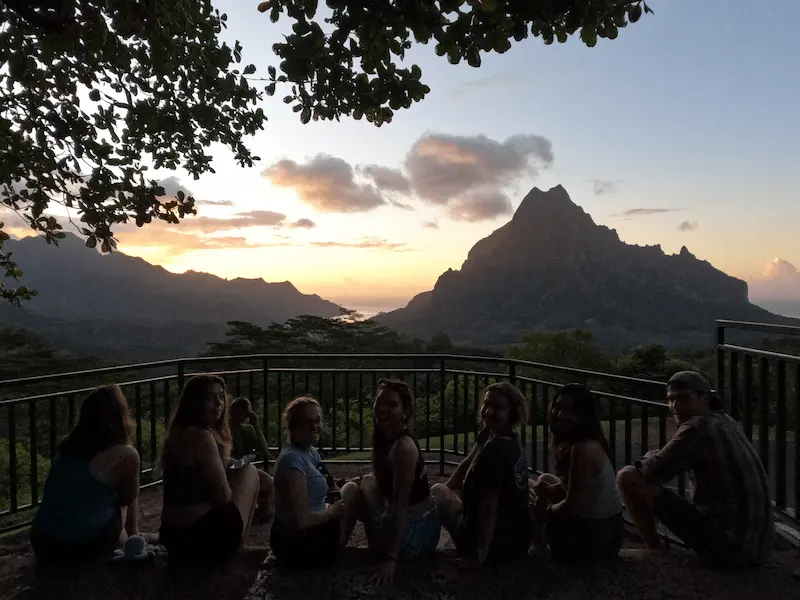
Learning Objectives
Locations
Pape'ete, Tahiti to Nadi, Fiji
Port Stops
Nuku, Hiva, Marquesas Islands
Remote Shore
Moorea at University of California's Gump Station
Final sunrise of S316
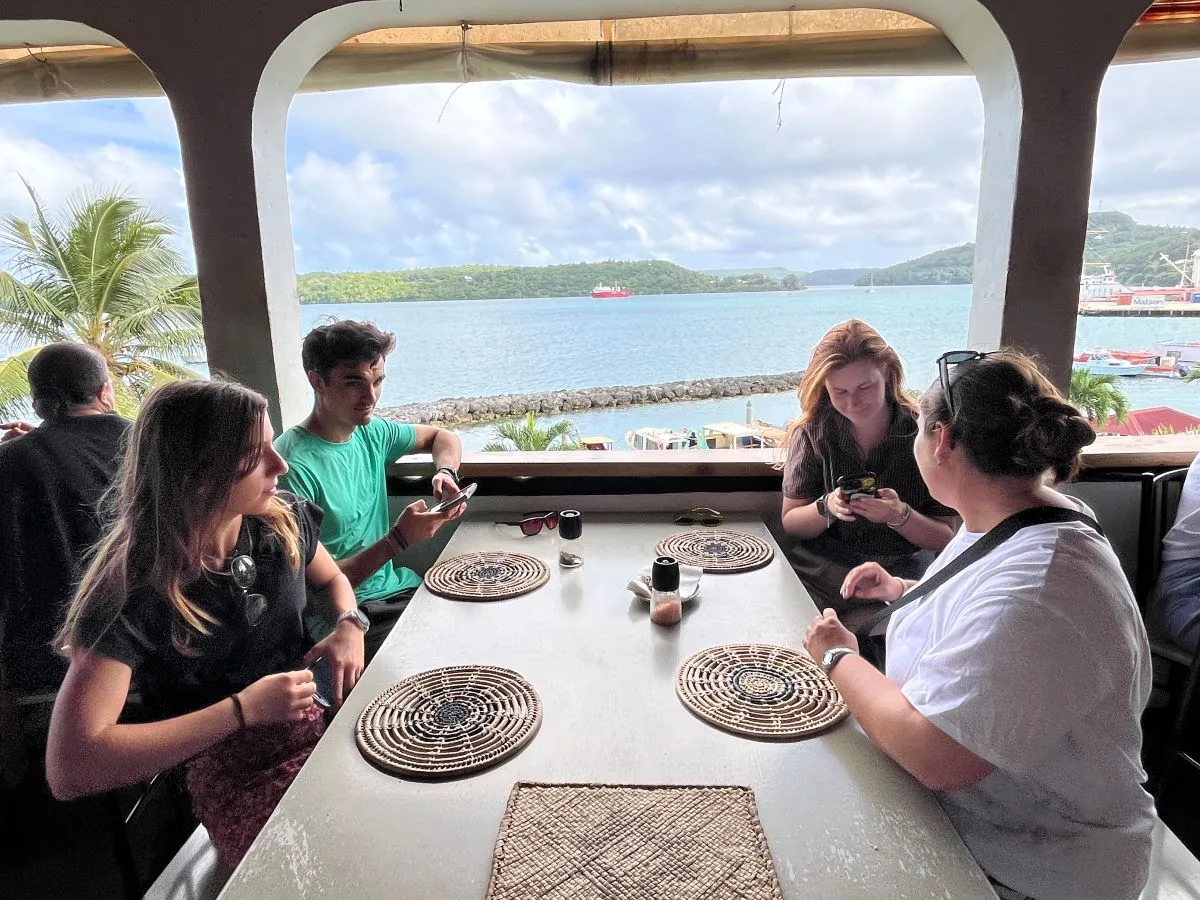
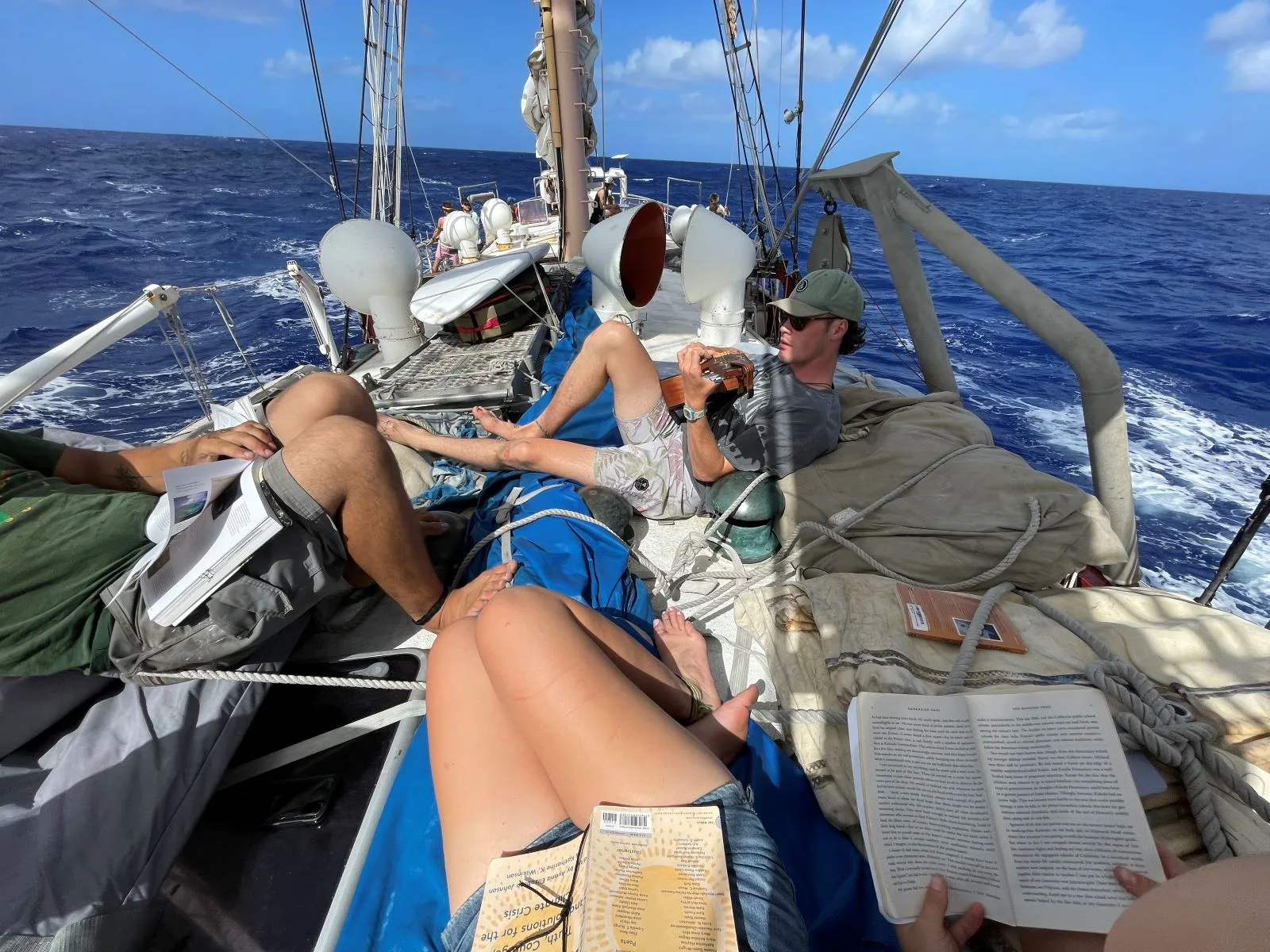
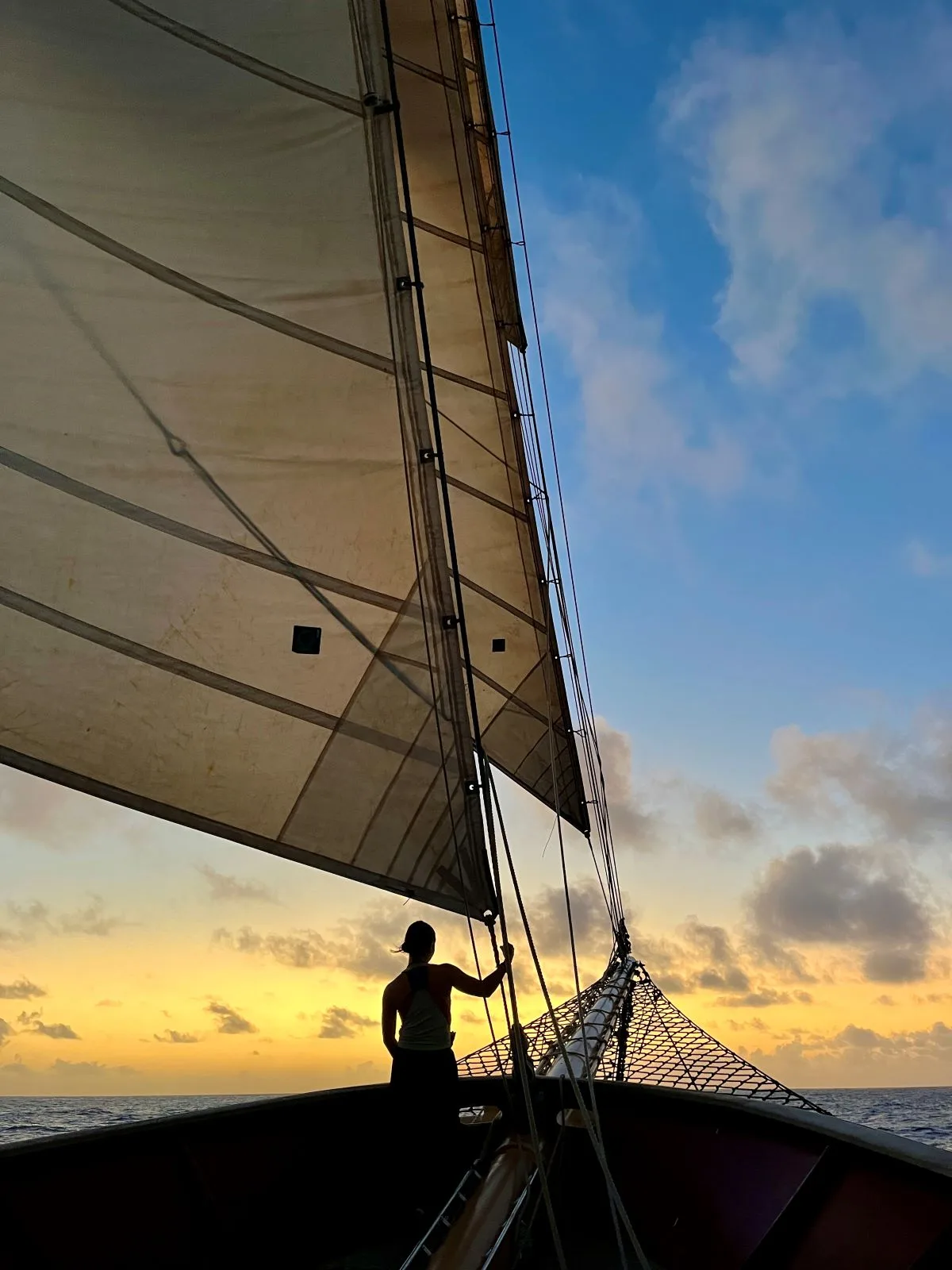

Academic Credit
Course Descriptions & Syllabi
This program carries 7 semester hour credits from Boston University for successful completion of the program.
Toward a Sustainable Ocean: Conservation and Management300 level, 3 credits, CAS NS 328
Comparative and issue-driven introduction to managing human uses and conserving coastal and ocean places and resources. Explore concepts of technology, governance, sector and ecosystem management, and marine protected areas through expert content lectures, topical seminars, and field trips.
The Ocean and Global Change200 level, 4 credits, CAS NS 326
Ocean ecosystem change in the anthropocene: warming, acidification, fisheries depletion, and pollution. Review principles of circulation, seawater chemistry, nutrient dynamics, and biological production to understand causes and consequences of change. Conduct field measurements for contribution to time-series datasets.
